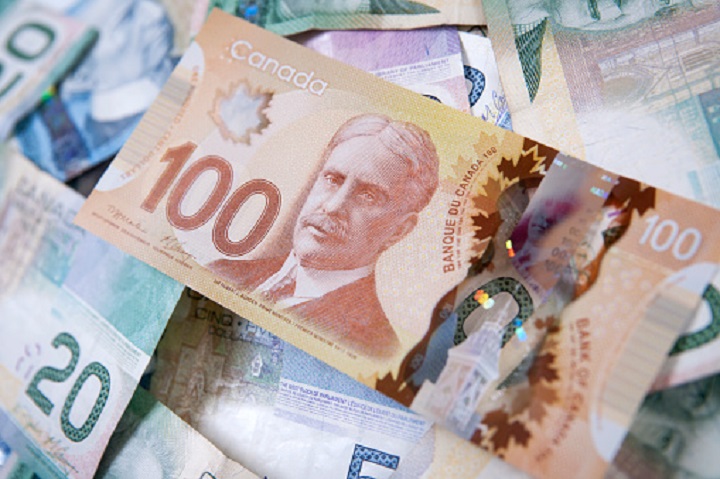ICBC is fighting back.

The public auto insurance corporation is refuting its critics who portray it as being in a fiscal crisis, and it insists that while these are challenging times in the industry, the situation is far from bleak.
“Clearly, we are under financial pressure on the basic side of the business due to the increasing number of crashes and resulting claims but what that means is being greatly exaggerated,” ICBC Vice-president Steve Crombie told me.
He took issue with a number of claims made in last week’s column by NDP ICBC Critic Adrian Dix, and in a spate of other news stories in other media outlets. For some reason, ICBC has stayed silent while the controversy mounted over its financial health but those days are clearly over.
READ MORE: Brace yourself for huge ICBC rate hikes
Crombie insists the corporation remains on a sound fiscal footing, and points to its claim reserve fund of $10.6 billion, its investment portfolio of $4.2 billion and an operating capital of $2.6 billion for this year as proof of that.
He admits the insurer has a vexing problem that recently has seen more money going out the door to settle accident claims than is coming in through insurance premiums, but says that problem is being studied with the aim being to reverse that trend.
“We’re a long, long, long way from being broke or anything like that,” he said. “What we have essentially is a cash flow problem and we’re confident we’re going to resolve that.”
A big reason for that cash flow problem is the alarming increase in the number of vehicle accidents in recent years – a jump of 20,000 last year alone, and an increase of 60,000 in the past three years. The number of accidents has now reached an astonishing 320,000 a year.
As well, a steadily increasing population means more cars are on the road and a healthy economy such as the one in this province generally means people are driving more often.
On top of that is the fact that many crashes will result in more than one individual claim. “We’re seeing an unprecedented increase in the number of claims per crash. It now often involves the driver plus two passengers,” Crombie says.
As well, more and more accident victims are hiring lawyers almost immediately, thus significantly adding to the cost of settling claims.
Crashes that result in soft tissue damage have become more expensive, as has the cost of repairing modern vehicles, he says. But he notes the corporation still turns a profit on the Optional coverage side of its operations, but loses money on the Basic coverage side.
As an aside, intersection crashes are increasing in number as are rear-end collisions, which suggests distracted driving continues to be an expensive practice not only for drivers who do that but for ICBC itself (it’s too early to say whether those new, expensive penalties for distracted driving are having any kind of impact).
And he told me the estimate of a 42 per cent rate increase over the next few years did not come from ICBC, but from a scenario thrust upon it last summer by the B.C. Utilities Commission.
“That was not our idea. Those are not our numbers,” he said. “We would never even contemplate that kind of increase.”
He insists rate increases will be held below five per cent, and an overall review of operations and rate structures may result in even lower annual increases.
Crombie also rejects Dix’s claim that ICBC has laid off claims respondent staff over the years, and says any personnel changes have been largely to do with management positions.
From 2012 to 2016, frontline injury claims staff actually increased by 16 per cent and the corporation intends to hire another 80 people in that department in the coming year.
Of course, Crombie can’t absolutely guarantee that substantial rate increases are not in the future, but he insists ICBC is doing everything it can to ensure they do not happen.
In any event, it seems the beleaguered insurer – often the recipient of criticism and frustration since it deals with settling accidents – has grown weary of being a political punching bag, and is starting to fight back.



Comments